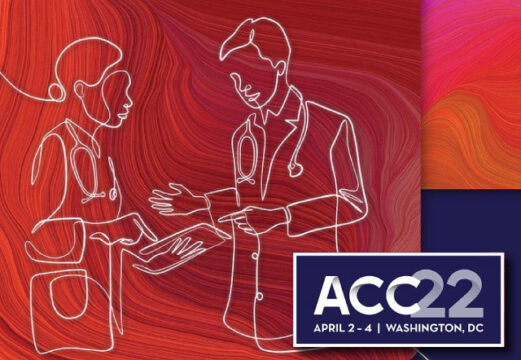The COMPLETE study has shown complete revascularization in STEMI reduces cardiovascular mortality or new AMI, which generated a change in ACC/AHA 2021 revascularization guidelines. However, its impact on quality of life is yet to be studied.

The aim of this prespecified analysis of the COMPLETE study is to determine whether complete revascularization improves quality of life free from angina compared against a culprit-only revascularization strategy.
The Seattle Angina Questionnaire (SAQ) was used at randomization, 6 months and final visit (mean 3 years). Assessed outcomes included angina related and proportion of patients free from angina events.
In STEMI patients with multivessel disease both patients with complete revascularization and culprit only revascularization improved angina related quality of life. At 3-year followup, there was a higher proportion of patients free from angina in the complete revascularization group, with NNT 31 patients.
The subgroup analysis showed the greatest impact: benefit was confined to those with a non-culprit lesion ≥80%.
Conclusions
Complete revascularization in STEMI improves quality of life free from angina compared against culprit only revascularization, a benefit that adds to the one previously showed, the reduction of major cardiovascular events.

Dr. Omar Tupayachi.
Member of the Editorial Board, SOLACI.org
Original Title: Complete trail Qol: Complete trail Quality of life
Reference: Presentado por Dr. Shamir R. Mehta en las sesiones cientificas anuales del American College of Cardiology (ACC 2022), Washington, Abril 2, 2022.
Subscribe to our weekly newsletter
Get the latest scientific articles on interventional cardiology





